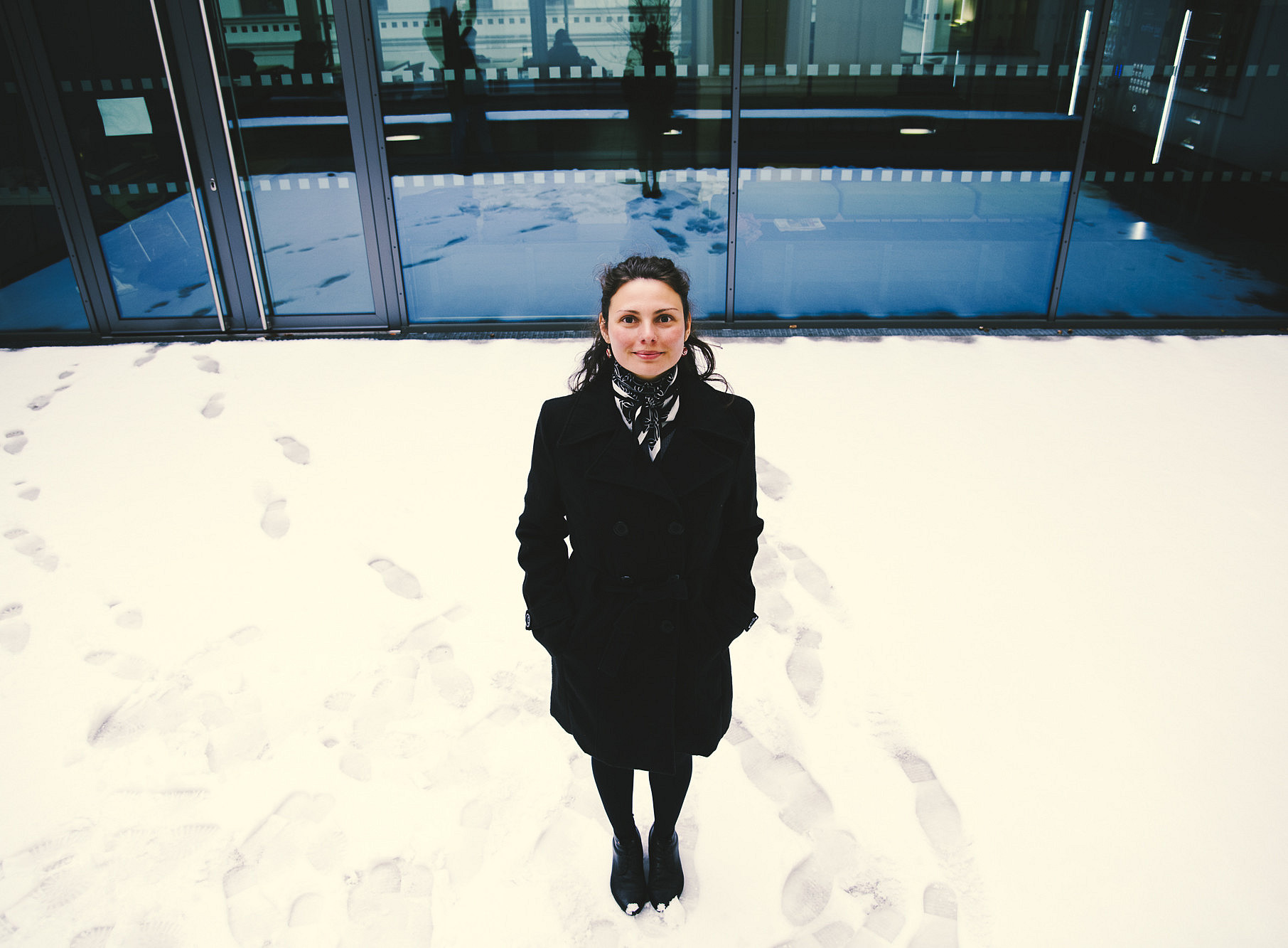PFAS are found in textiles, fire extinguishers and paper products and have been used for decades, for example as moisture protection or extinguishing agents. However, the consequences have only been investigated for a few years. They are suspected of causing cancer, can damage the liver and can also lead to reproductive problems.
However, the quantities above which this has health consequences and what these consequences are have not yet been clarified. "Unfortunately, we are still lagging behind when it comes to toxicological data," explains researcher Viktoria Müller.
Forever Chemicals
She has set herself the goal of searching for residues of these substances, which are known as "forever chemicals". The Hungarian-born scientist studied at the University of Aberdeen in Scotland. Jörg Feldmann, Professor of Analytical Chemistry at the University of Graz, inspired her to research PFAS and brought her to the University of Graz.
Müller has already been able to prove that residues of the substances can be found in the River Mur. Müller has now been able to show that ski resorts in southern Austria are also contaminated with these persistent environmental toxins.
Specifically, Müller took samples of snow, meltwater and soil from several ski resorts towards the end of the ski season (March/April). The collection of samples in the ski resorts was viewed critically, says Müller: "In winter, we were often asked why we were taking samples." In summer, however, nobody took interest in her activities.
Residues found
PFAS residues were found in varying concentrations in both the snow and the melt water. The cause: certain types of ski wax with fluorine compounds. "Fluorinated waxes are usually used when the snow is a little slushy," explains the chemist. "They provide better gliding properties. It offers less advantage on icy slopes"
She was also able to find residues of the fluorine compound in the soil in all areas. However, the type of PFAS differed from those in the wax. Müller concludes from that there is a large variety of the type of PFAS in the different waxes and not al compounds can be measured. "But just because we can't measure them doesn't mean that they are not present and could have a negative impact on the environment," explains the researcher. Ski wax with fluorine is labelled with an "F". Skiers therefore influence the load on the floor with their choice of wax.
This is because plants can also absorb these PFAS from the soil. And the substances then enter grazing animals such as cattle and sheep via the grass in summer. And these toxic degradation products can then also enter the human food chain via dairy products. Müller now wants to conduct further research into the consequences of the use of PFAS at the University of Graz.
Publication
Per and polyfluoroalkylated substances (PFAS) target and EOF analyses in ski wax, snowmelts, and soil from skiing areas. Viktoria Müller, Larissa Cristine, Andrade Costa, Filipe Soares Rondan, Eleonora Matic, Marcia Foster Mesko, Andrew Kindness and Jörg Feldmann
https://pubs.rsc.org/en/content/articlelanding/2023/em/d3em00375b
